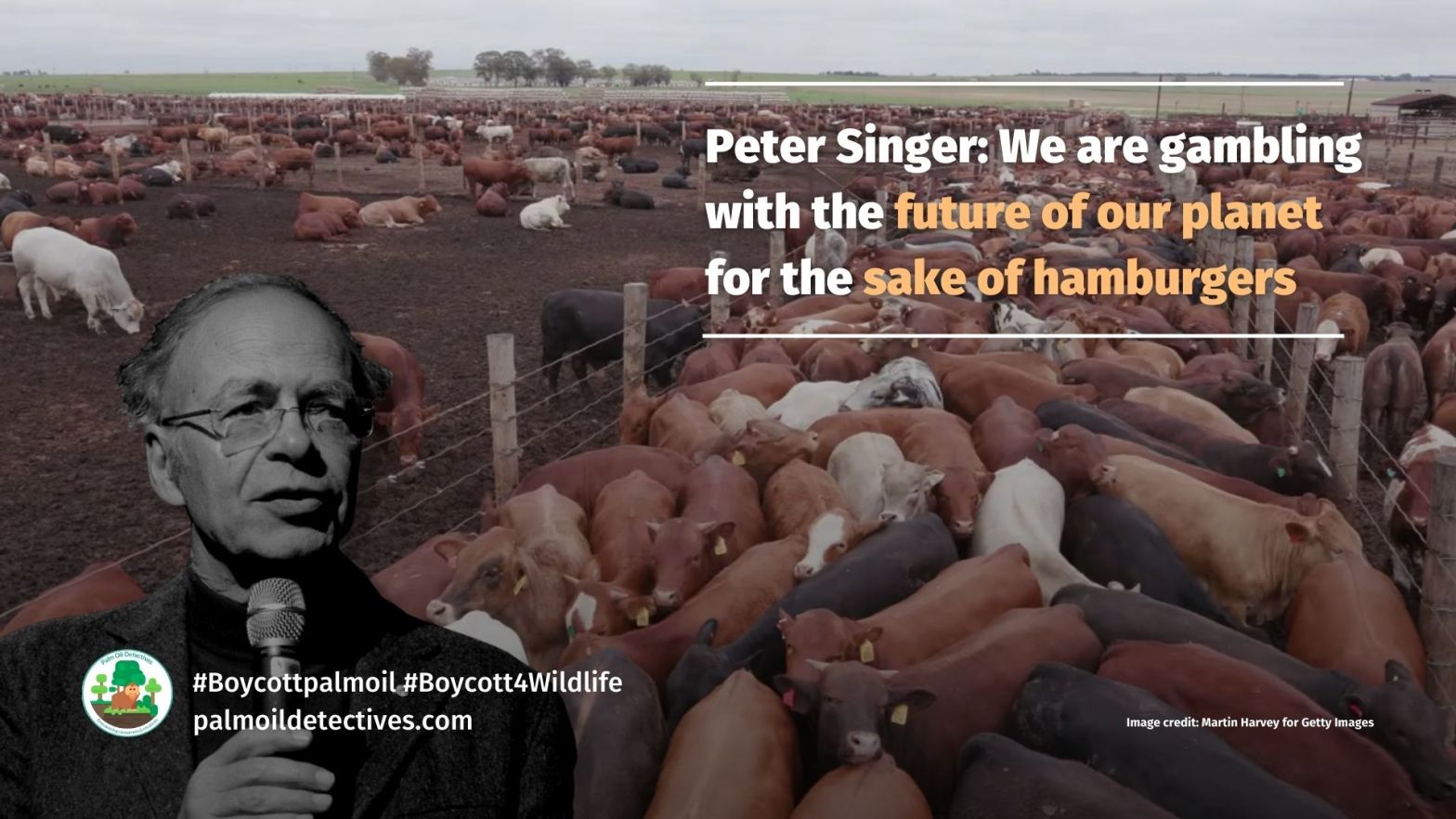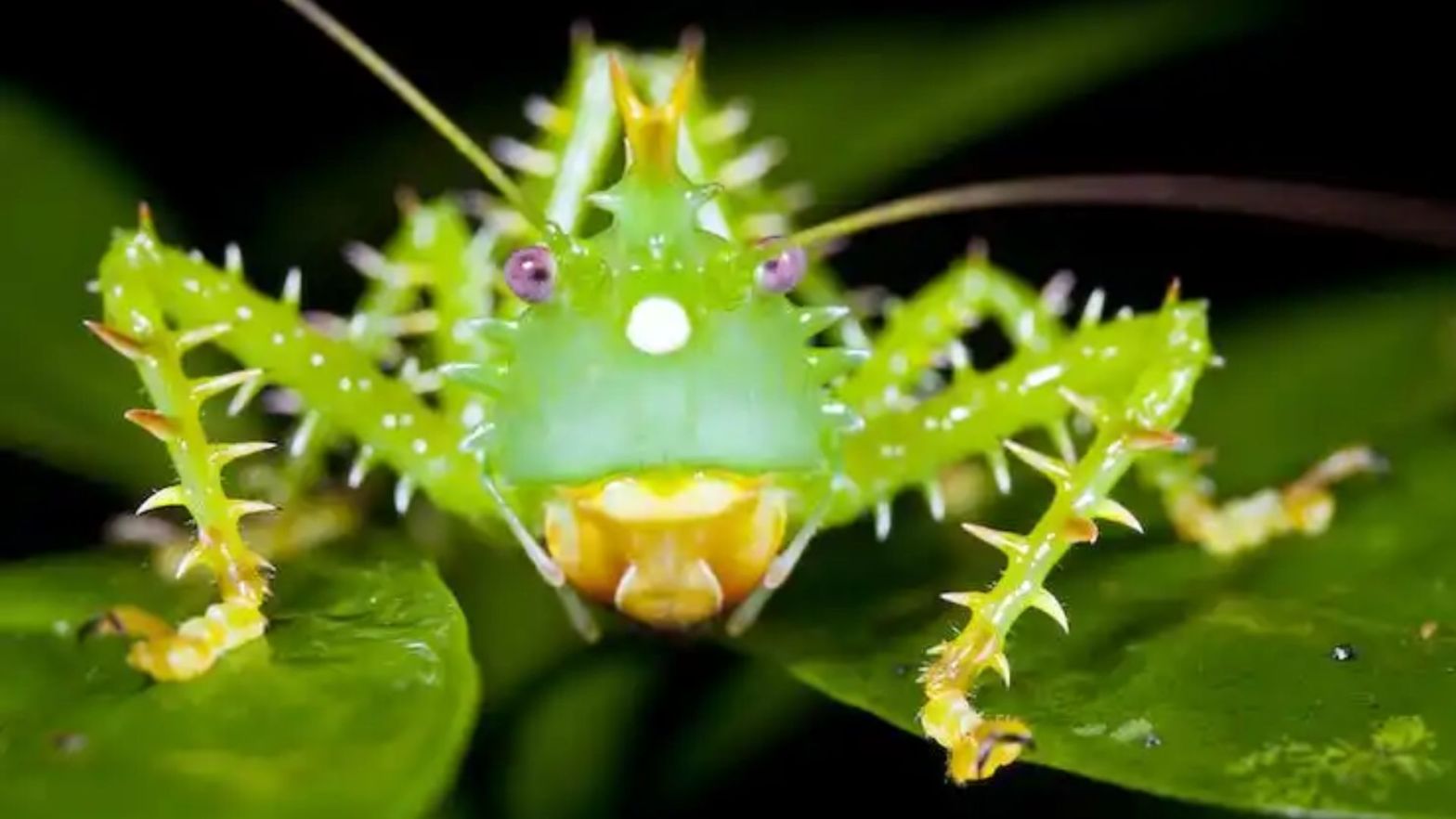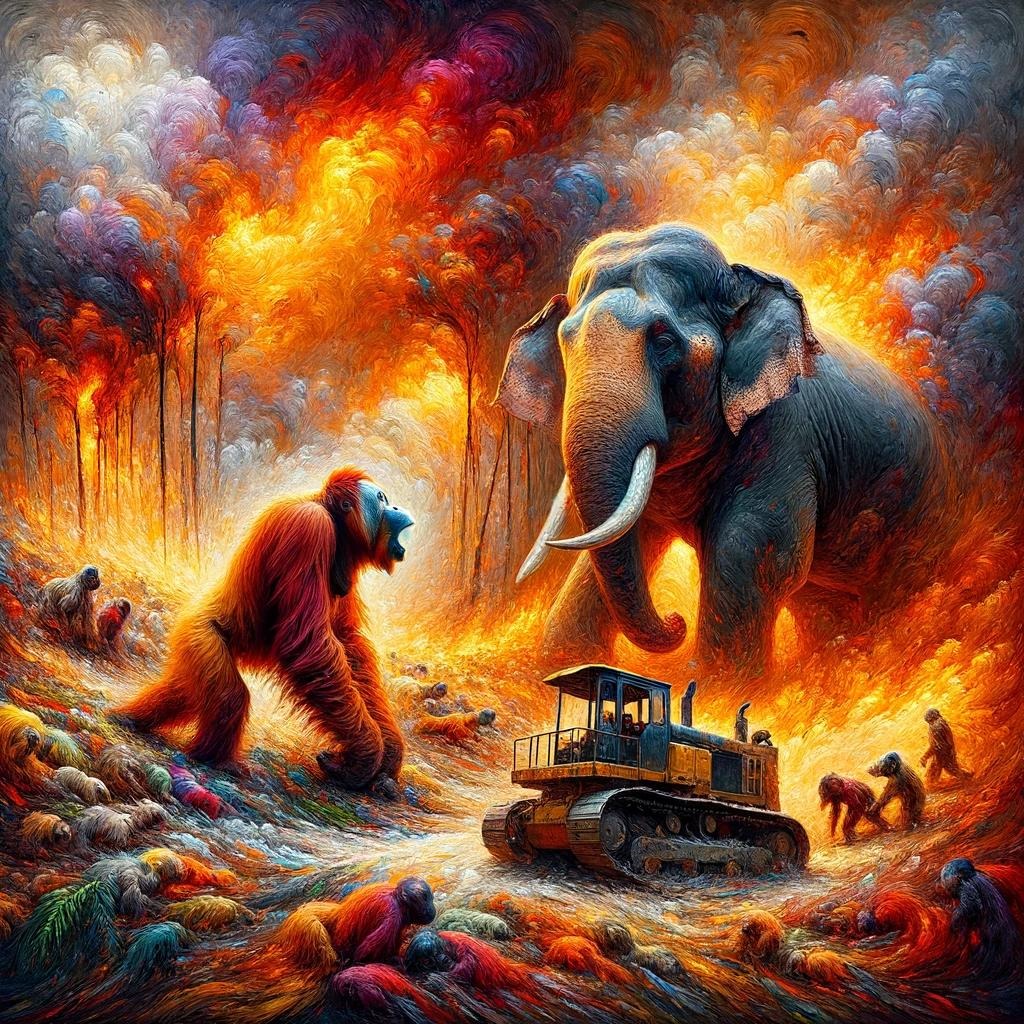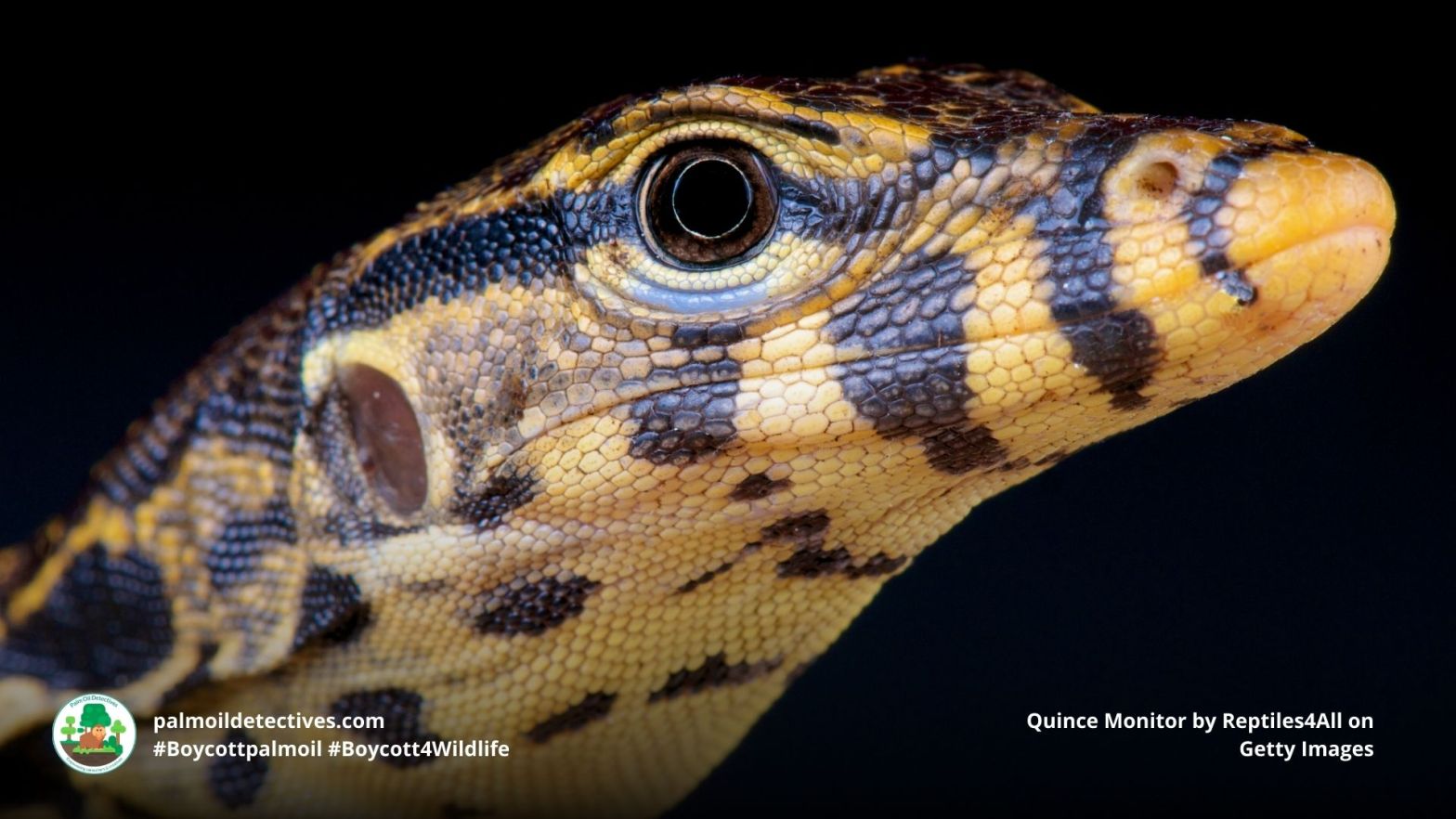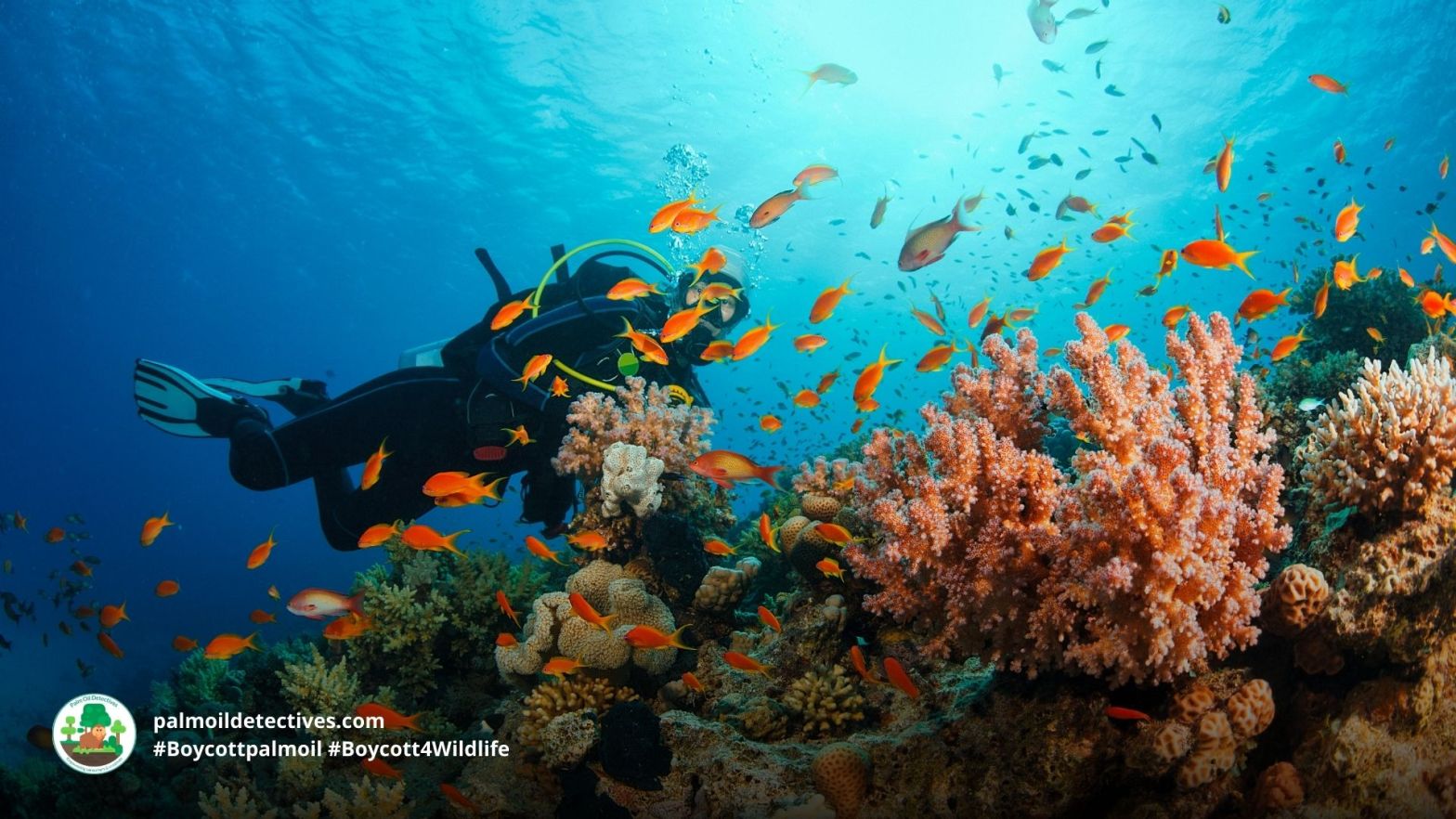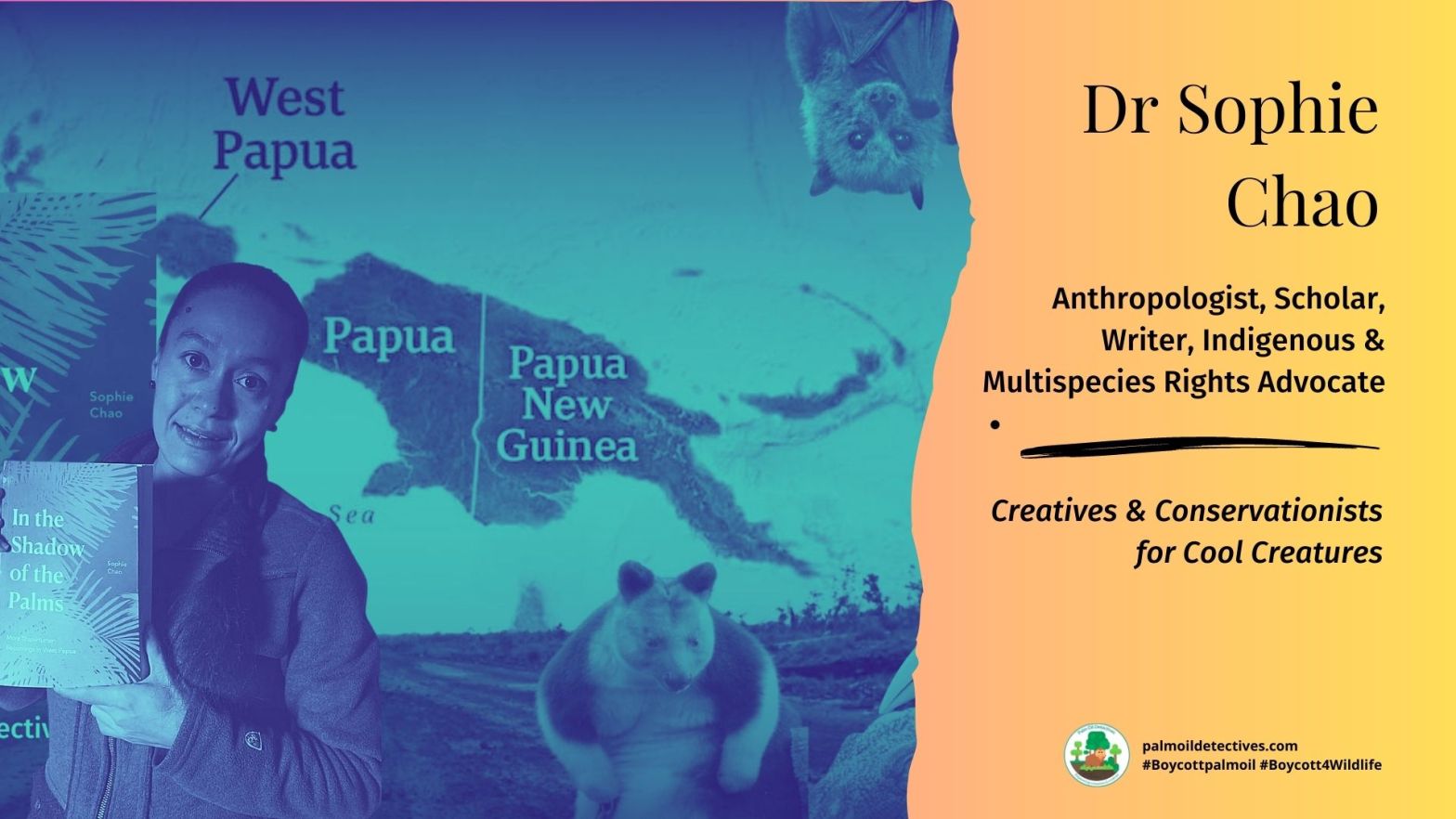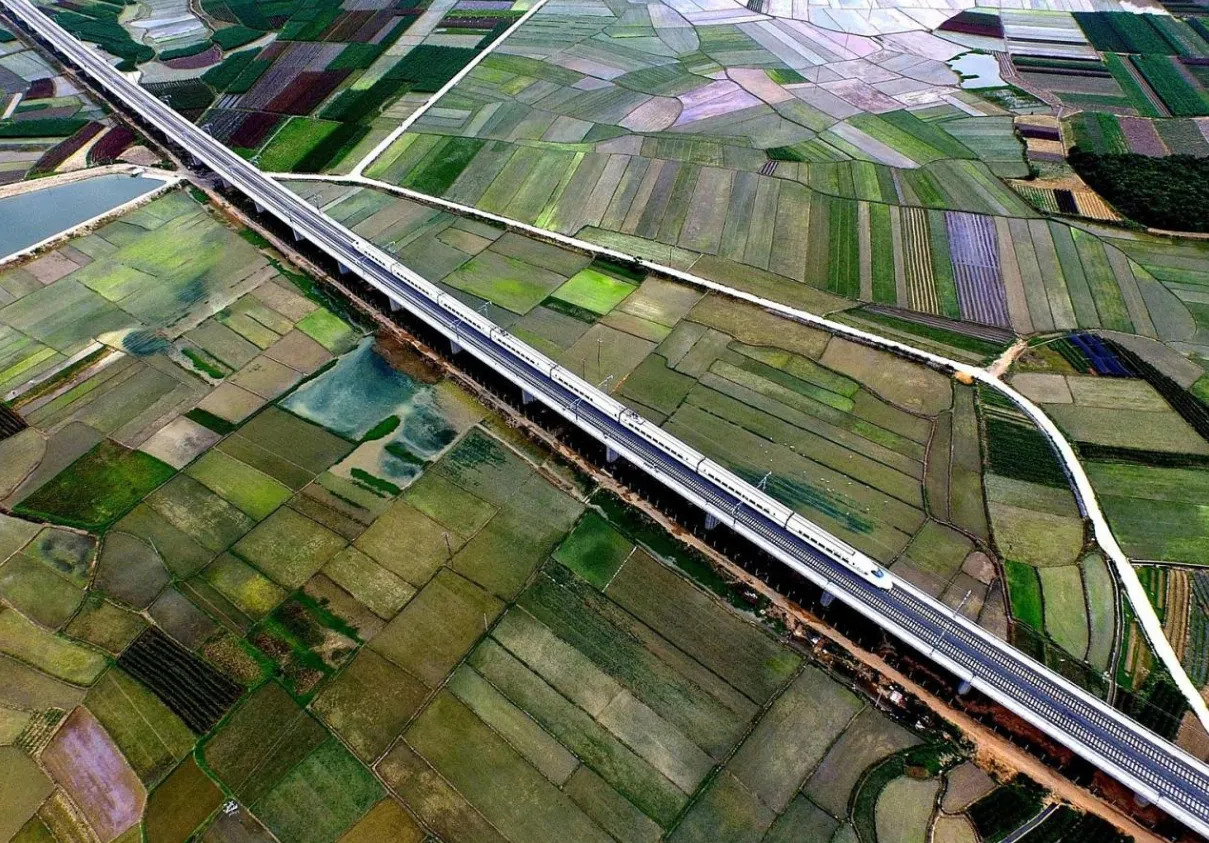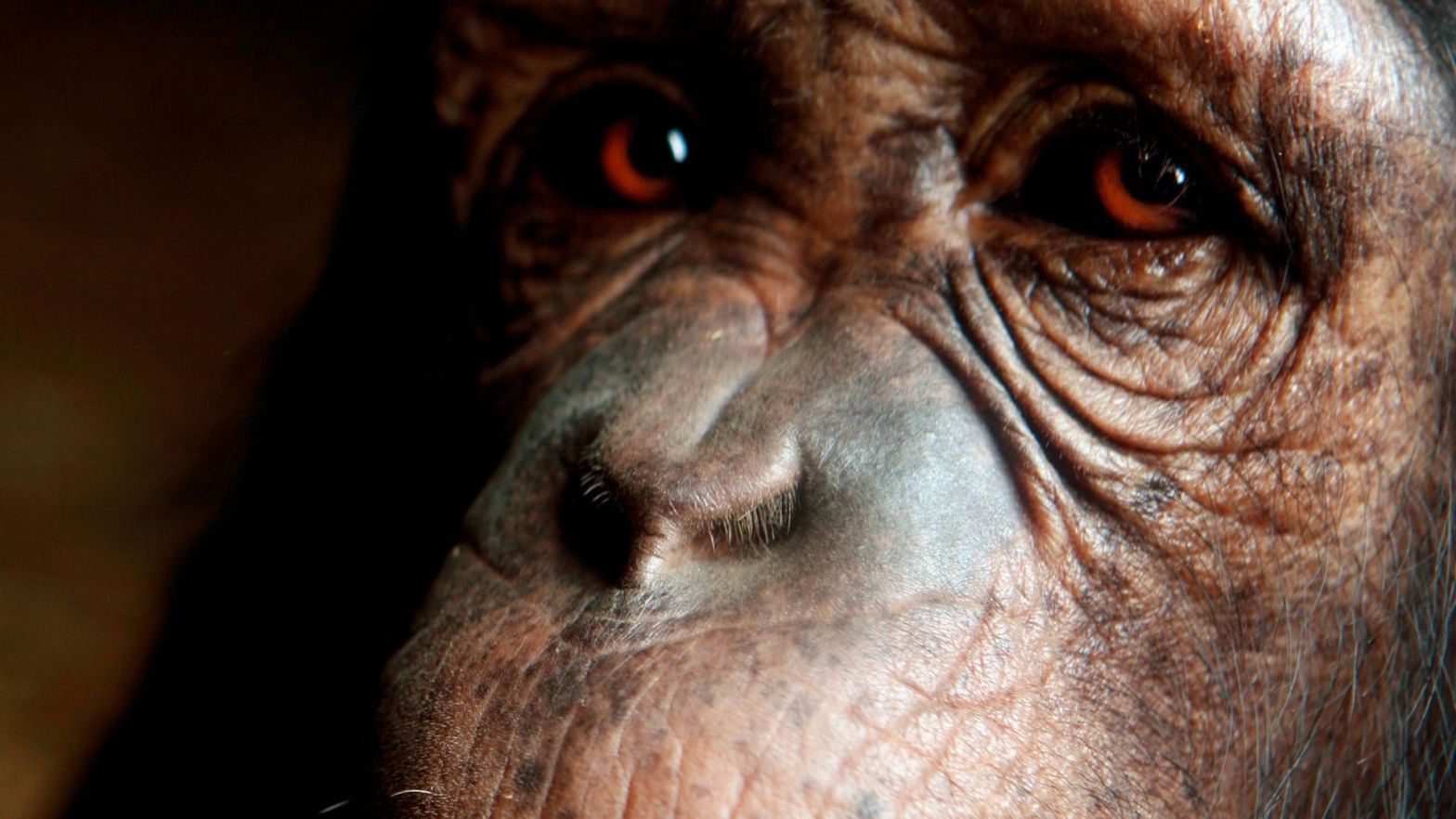Renowned animal rights ethicist philosopher Peter Singer asserts that our dietary choices, particularly our consumption of meat and dairy, are jeopardising the Earth’s future. These industries contribute significantly to environmental degradation, deforestation, and greenhouse gas emissions, intensifying the impacts of climate change. By indulging in hamburgers and other meat-based products, we are not only compromising our health but also the wellbeing of our planet. For a more sustainable and compassionate future, consider boycotting meat and dairy. Choose to be vegan for the animals and to save our planet #Boycottmeat be #vegan #Boycott4Wildlife
Tag Archives: animal rights
Some of the world’s strangest species could vanish before they’re discovered – Help them and #Boycott4Wildlife
Scientists have described around 1.5 million species on Earth – but how many are still out there to be discovered? This is one of the most heated debates in biology. Discounting microbes, plausible estimates range from about half a million to more than 50 million species of unknown animals, plants and fungi.
Our present knowledge is just scratching the surface. Evolution has had billions of years to create biologically active compounds that can combat human diseases, generate genetic diversity that could save our food crops from disastrous pathogens, and spawn ecological innovations that can inspire marvellous new inventions.
Climate and extinction crises move too slowly for us to pay attention – here’s the answer
It seems we are having a hard time paying sufficient attention to the climate and extinction crises. This is because the causes for the most part move slowly, without the flashy drama that can focus our minds in the midst of 24-hour news cycles and social media distractions. The Netflix film Don’t Look Up cleverly captures our inability to focus on and come together to counter such a common threat. To change this, we must develop a “slow memory” that can help us care about and act on slow change. #Boycottpalmoil #Boycott4Wildlife
Reptiles: why one in five species face extinction. Here’s how you can help them
#Reptiles are fascinating creatures who are sadly feared, misunderstood and persecuted by humans. It’s time we stand up for #lizards #snakes #crocodiles #turtles, here’s how #Boycottpalmoil #Boycott4Wildlife
Preventing pandemics costs far less than controlling them
“It turns out prevention really is the best medicine. We estimate we could greatly reduce the likelihood of another pandemic occuring by investing as little as 1/20th of the losses incurred so far from COVID into [wildlife and rainforest] conservation measures designed to help stop the spread of these viruses from wildlife to humans in the first place.” writes Professor Stuart Pimm, Doris Duke Professor of Conservation Ecology at Duke University.
The right for nature to simply exist is clear – the movement to enshrine this into law is growing
The idea that nature — forests , rivers, mountains — could have rights, in the same way that human rights, or corporate rights exist has been building momentum.
The dying days of 2022 saw a historic global agreement reached to try to protect the plants and animals of this world from further demise.
UN report says up to 850,000 animal viruses could be caught by humans, unless we protect nature
Human damage to biodiversity is leading us into a pandemic era. The virus that causes COVID-19, for example, is linked to similar viruses in bats, which may have been passed to humans via pangolins or another species.
Do humans really need other species?
Do humans really need other species? Yes! millions of organisms are needed to keep ecosystems in balance and ensure everyone can survive. Most importantly, #research shows other species make us happy! Research shows that people are healthier and more content when they are around other species of plants and animals. They need to experience the sights, sounds, smells, feel and taste of other organisms for mental and physical health. This drive is called “biophilia,” meaning love of living things. #Boycott4Wildlife
Learn how to boycott palm oil this Halloween in America, the UK and Australia
The reality of these chocolate and confectionery brands is the spookiest story you will ever hear this Halloween Learn how to boycott with handy lists for the US, Uk and Australia. Countless reports show that popular lollies, candies and chocolate brands in Australia, the United States of America and United Kingdom such as Hersheys, Nestle,Continue reading “Learn how to boycott palm oil this Halloween in America, the UK and Australia”
What is causing the latest outbreak of Ebola in Uganda?
The answers to preventing future zoonotic diseases are staring us right in the face: we should stop eating animals and consuming animal products and we should stop destroying rainforests for palm oil, soy and other crops! Many research papers and books have been written about the connection between the relentless capitalist growth imperative of multinationalContinue reading “What is causing the latest outbreak of Ebola in Uganda?”
Celebrate #WorldRhinoDay by leaving the forests alone and #Boycottpalmoil in the supermarket to save Rhinos
Indonesia is home to two of the world’s five rhinoceros species. Both the Javan rhino Rhinoceros sondaicus and the Sumatran rhino Dicerorhinus sumatrensis still exist today, uniquely only in the country. In India’s north east, the Indian Rhino hangs on to survival. Yet their existence has become increasingly fragile due to the unrelenting growth of palm oil in both of these countries.
#WorldRhinoDay is 22nd Sept. But every day should be World Rhino Day as three of the five species of rhino may go extinct as a result of #palmoil #deforestation and illegal poaching. Fight for them each time you shop and be #vegan and #Boycottpalmoil #Boycott4Wildlife.
Anthropologist and author of ‘In the Shadow of the Palms’ Dr Sophie Chao: In Her Own Words
Dr Sophie Chao is an environmental anthropologist and environmental humanities scholar interested in the intersections of capitalism, ecology, Indigeneity, health, and justice in the Pacific.
Palm Oil Detectives is honoured to interview to Dr Sophie Chao about her research into the impacts of palm oil on the daily lives of Marind people and other sentient beings in West Papua.
I wrote In the Shadow of the Palms because I wanted the world to understand how deforestation and industrial oil palm expansion are undermining Indigenous ways of being in West Papua.
Climate change is forcing human and non-human beings to become climate refugees
The definition of refugee or displaced person is someone fleeing a life-threatening crisis. The emerging refugees of this century are fleeing unliveable environmental conditions brought about by climate change and other complex interrelated factors including conflict, disease and famine. Humans and non-human beings alike are becoming climate change refugees. The choices are stark and clear – move and live or stay where you are and perish.
How do we protect the rapidly disappearing Javan Rhino?
With only 74 individuals left, the remarkable and beautiful Javan Rhino is on the brink of extinction and can be found on one of the most densely populated islands in the world – Java. Boycotting palm oil is how you can help them. Sunarto, Universitas Indonesia The Javan rhino was once found throughout many partsContinue reading “How do we protect the rapidly disappearing Javan Rhino?”
Ecocide: why establishing a new international crime would be a step towards interspecies justice
A movement of activists and legal scholars is seeking to make “ecocide” an international crime within the jurisdiction of the International Criminal Court (ICC). The Stop Ecocide Foundation has put together a prestigious international panel of experts that has just proposed a new definition of the term. Heather Alberro, Nottingham Trent University and Luigi Daniele,Continue reading “Ecocide: why establishing a new international crime would be a step towards interspecies justice”
How deforestation helps deadly viruses jump from animals to humans
Amy Y. Vittor, University of Florida; Gabriel Zorello Laporta, Faculdade de Medicina do ABC, and Maria Anice Mureb Sallum, Universidade de São Paulo Many pandemics originate from wildlife that jumps from animal to human. These leaps often happen at the edges of the world’s tropical forests, where deforestation is increasingly bringing people into contact withContinue reading “How deforestation helps deadly viruses jump from animals to humans”
Conservation activists suing Indonesian zoo could inspire global action on endangered species trade
In a court in rural Indonesia, an environmental group recently filed a lawsuit of global importance. Their case is against a zoo in North Sumatra that it’s alleged illegally exhibited threatened species, including Komodo dragons and critically endangered Sumatran orangutans. Images by Craig Jones Wildlife Photography. Jacob Phelps, Lancaster University The illegal wildlife trade isContinue reading “Conservation activists suing Indonesian zoo could inspire global action on endangered species trade”
Almost 90% of the world’s animal species will lose some habitat to agriculture by 2050
David Williams, University of Leeds and Michael Clark, University of Oxford Scientists know that biodiversity is declining across much of the world although less universally and dramatically than we feared. We also know that things are likely to get worse in the future, with a combination of habitat loss, climate change and overexploitation set toContinue reading “Almost 90% of the world’s animal species will lose some habitat to agriculture by 2050”
Do chimpanzees and orangutans really have midlife crises?
Knowing that chimpanzees and orangutans have personalities, feel emotions and are “almost human” comes as no surprise to most people. However, linking the term “midlife crisis” to chimpanzees and orangutans seems to be somewhat shocking and controversial as we’ve seen from the flurry of interest produced by a paper published this week.
Bonobos can inspire us to make our democracies more peaceful
Bonobos, sometimes called the “forgotten ape” due to their recent discovery and small numbers, titillate the democrat’s imagination. Before the 1970s, certain primatologists thought bonobos were strange chimpanzees because females govern in this primate society. Frans de Waal, the primatologist and popular writer, has done much to explain the fascinating lives of these “peace-loving apes”Continue reading “Bonobos can inspire us to make our democracies more peaceful”

